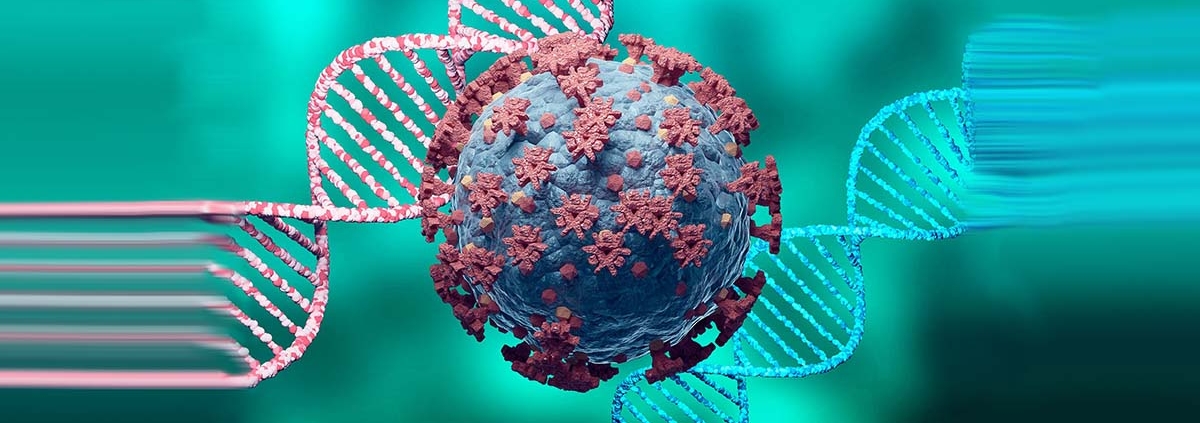Increased infectivity, antibody escape drive SARS-CoV-2 evolution
First announced by the World Health Organization on Nov. 26, 2021, the SARS-CoV-2 omicron variant spread rapidly around the world, becoming the dominant variant in the U.S. and elsewhere. Now, researchers report in ACS Infectious Diseases and the Journal of Chemical Information and Modeling that omicron and other variants are evolving increased infectivity and antibody escape, according to an artificial intelligence (AI) model. Therefore, new vaccines and antibody therapies are desperately needed, the researchers say.
Understanding how SARS-CoV-2 evolves is essential to predicting vaccine breakthrough and designing mutation-proof vaccines and monoclonal antibody treatments. In a recent study in ACS Infectious Diseases, Guo-Wei Wei and colleagues analyzed almost 1.5 million SARS-CoV-2 genome sequences taken from people with COVID-19. They identified 683 unique mutations in the receptor binding domain (RBD), the region of the SARS-CoV-2 spike protein that attaches to the human ACE2 receptor on the surface of human cells. Then, they used an AI model to predict how these mutations affect binding strength of the RBD to ACE2 and to 130 antibody structures, including several monoclonal antibodies used as therapies. The team found that mutations to strengthen infectivity are the driving force for viral evolution, whereas in highly vaccinated populations, mutations that allow the virus to escape vaccines become dominant. The researchers also predicted that certain combinations of mutations have a high likelihood of massive spread. Journal of Journal of Chemical Information and Modeling.
Release date: 16 February 2022
Source: American Chemical Society



